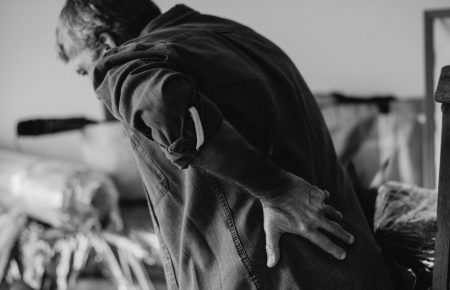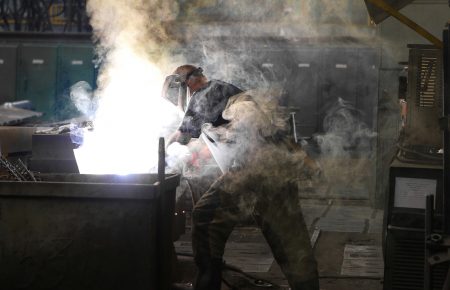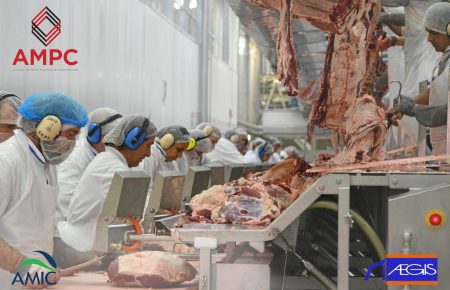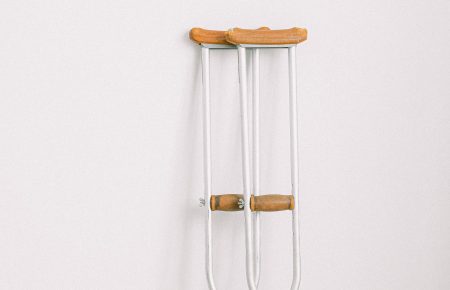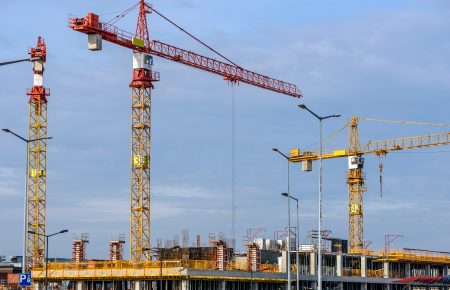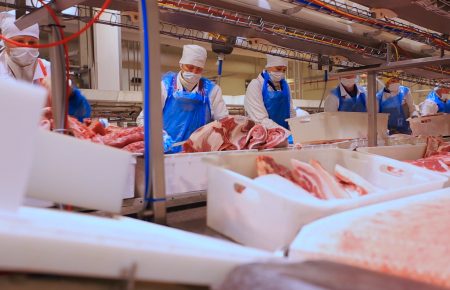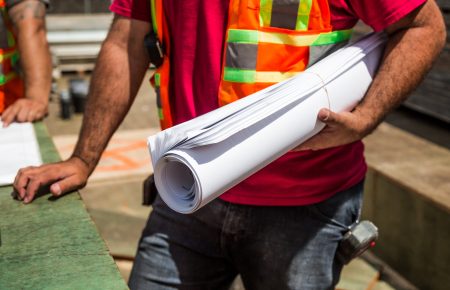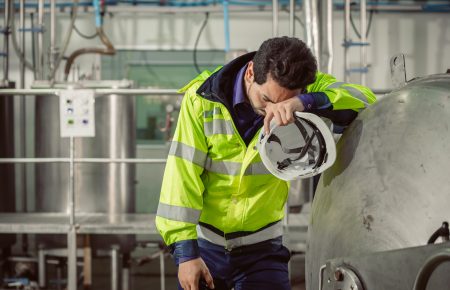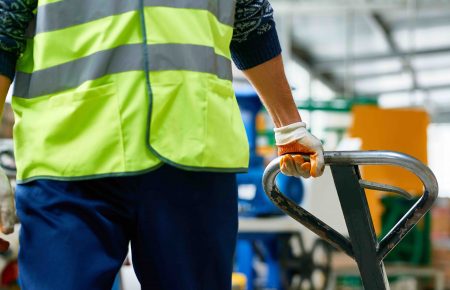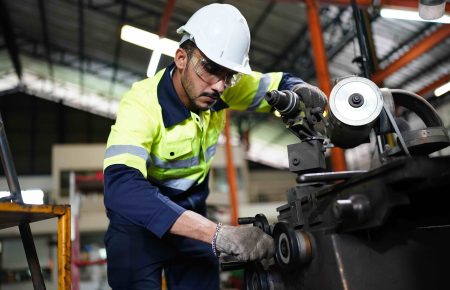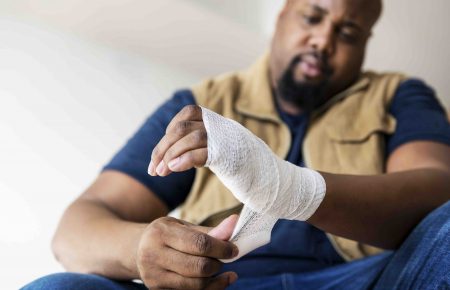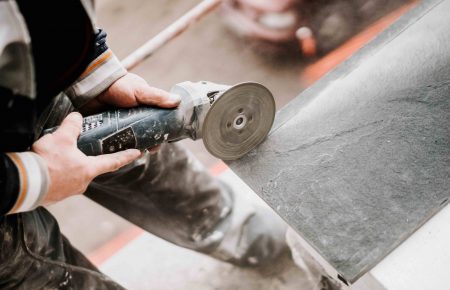What will the cost of icare’s hubris be on the scheme, its injured workers and its employers?
Monday, January 1, 2018, “a date which will live in infamy” – NSW workers and employers were subjected to sudden and deliberate change to the Workers’ Compensation scheme by icare, acting as the nominal insurer. The result of that change was a significant deterioration in return-to-work outcomes, debilitating increases in premiums and devastating financial losses to a previously burgeoning scheme.
Prior to the change occurring, whenever the opportunity arose, those of us in the industry that have built our careers on both assisting workers back to work and helping employers contain their premiums, expressed our serious concerns with the approach being outlined.
“A similar approach has been tried and failed,” we cautioned to deaf ears.
But the show of consultation was just that, a show, and icare proceeded as it had already intended to proceed, and the rest, as they say, is history.
Whilst the losses that the scheme continues to experience pale in comparison to the impact that COVID has had on our economies, the impact of these changes will also have long lasting effects on injured workers and their employers.
The Dore report, which identified the failings of the scheme, appeared to be read by a relatively small few and, despite its findings, icare appeared to remain focused on their algorithmic, one-size-fits-all approach to the management of injured workers.
In fact, if it wasn’t for the tenacity of Adele Ferguson, the world outside of our industry would be oblivious to the bungling of the NSW workers’ compensation scheme by icare, and the continuous allegations of corruption from within its ranks. Whilst I may not have agreed with the sensationalised approach that was taken, there is no doubt that without her exposé, there would have been no public and political outcry. Without her exposé there would have been no true change
“If one sins against the laws of proportion and gives something too big to something too small to carry it – too big sails to too small a ship, too big meals to too small a body, too big powers to too small a soul – the result is bound to be a complete upset. In an outburst of hubris the overfed body will rush into sickness, while the jack-in-office will rush into the unrighteousness that hubris always breeds.”
– Plato
icare has now made a number of changes at senior levels, and most recently in its Governance, Accountability and Culture report they announced that they will refocus on core priorities such as improving, in particular, their return to work outcomes.
One would question what a scheme tasked with returning injured workers to work has been doing for the past five years if they are only now prioritising return to work.
As ridiculous as this statement sounds, to a degree it must be seen as an admission that icare’s focus had been on its own hubris and not what it should have seen as a critical priority. For as has been well publicised, the failure to focus on achieving return-to-work outcomes has threatened the financial viability of the scheme itself.
Since icare has been at the tiller (September 1, 2015) until March, 2021, the scheme experienced net losses of over $4.3 billion, the net funding position had slipped from 131% to below 100% (well below the 115% -135% target operating zone) and an almost $4 billion surplus had slowly dwindled away. New reports have revealed that in the last year, icare has reported a $1.4 billion underwriting loss, with a total accumulated loss of $6 billion in the past three years. So the situation is getting worse.
Despite the significant changes that have occurred recently, despite the new priority on return-to-work, there is no doubt that the drastic changes icare made to the NSW Workers’ Compensation scheme will continue to have impacts on the scheme for years to come.
Three years since the changes were made, the scheme has still not been able to achieve the return-to-work outcomes that it was achieving prior to the changes. This has resulted in the payment of billions of dollars in additional claims costs to injured workers left languishing at home.
*Data from SIRA’s Open Data Analytics Tool as at December 2020
The full impact of icare’s hubris on the NSW scheme may not be known for years, if ever. But what we know is that the impact has already been in the billions of dollars and we need to be prepared for billions more before the level of sustained return-to-work outcomes that had been experienced up to January 2018 are achieved again.
And if we achieve these levels again, if after, four, five, six years, we are finally able to achieve the return-to-work outcomes that had consistently been achieved by Allianz, CGU, EML, GIO and QBE prior to the changes, what will the final toll be? What will have been the price of icare’s unwanted and unneeded scheme changes to injured workers, employers, the scheme and the NSW economy?
Once again, as I often do, I turn towards thoughts of privatisation and I ponder:
- Would the utter disaster that is the NSW Workers’ Compensation scheme have occurred in a privatised system?
- Would employers be experiencing the same increases in premiums in a privatised system?
- Would injured workers be left of work for such lengthy periods in a privatised system?
But most of all, in my pondering, I ask three questions, why, how and when.
Why did these changes need to occur at all?
How was something, so obviously destined for failure, approved?
When will we learn that politics has no place in Workers’ Compensation Insurance?
“Hubris, arrogance, is just one step ahead of loss of integrity, because if you think you’re better than other people, you know more, then you’re going to think, as many leaders have, that the rules don’t apply to them – so they lose their integrity.”
— Charles Koch
Disclaimer: This article provides general advice and should not be considered legal advice or an insurance consultation. You should seek appropriate counsel for your own situation. In addition, this post is directed at people in Australia. If you are outside Australia, please be aware that the circumstances in your own country may be different.


